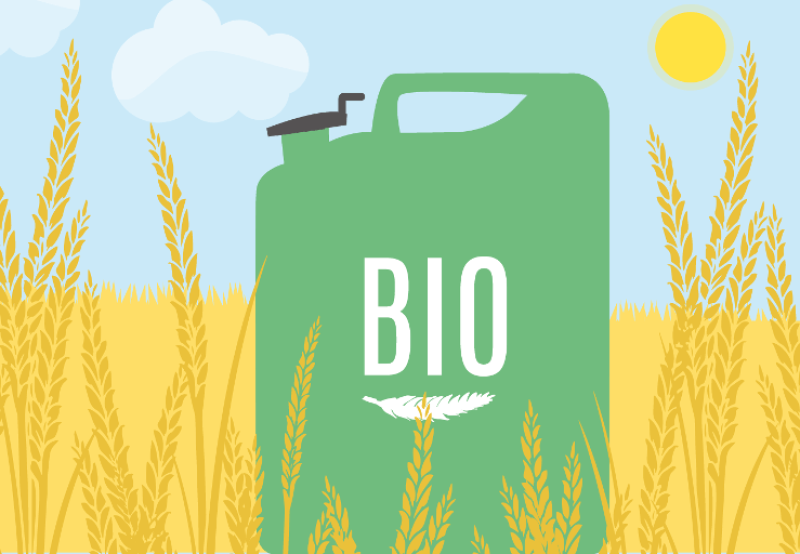Plant biomass contains considerable calorific value but most of it makes up robust cell walls, an unappetising evolutionary advantage that helped grasses to survive foragers and prosper for more than 60 million years.
The trouble is that this robustness still makes them less digestible in the rumen of cows and sheep and difficult to process in bioenergy refineries for ethanol fuel.
But now a multinational team of researchers, from the UK, Brazil and the US, has pinpointed a gene involved in the stiffening of cell walls whose suppression increased the release of sugars by up to 60%.
…
In the team’s genetically modified plants, a transgene suppresses the endogenous gene responsible for feruloylation to around 20% of its normal activity. In this way, the biomass produced is less feruloylated than it would otherwise be in an unmodified plant.
…
The findings are undoubtedly a boon in Brazil, where a burgeoning bioenergy industry produces ethanol from the non-food leftovers of other grass crops, such as maize stover and sugarcane residues, and from sugar cane grown as a dedicated energy crop. Increased efficiency of bioethanol production will help it to replace fossil fuel and reduce greenhouse gas emissions.
[Editor’s note: Read the full study]
Read full, original post: Less chewing the cud, more greening the fuel































